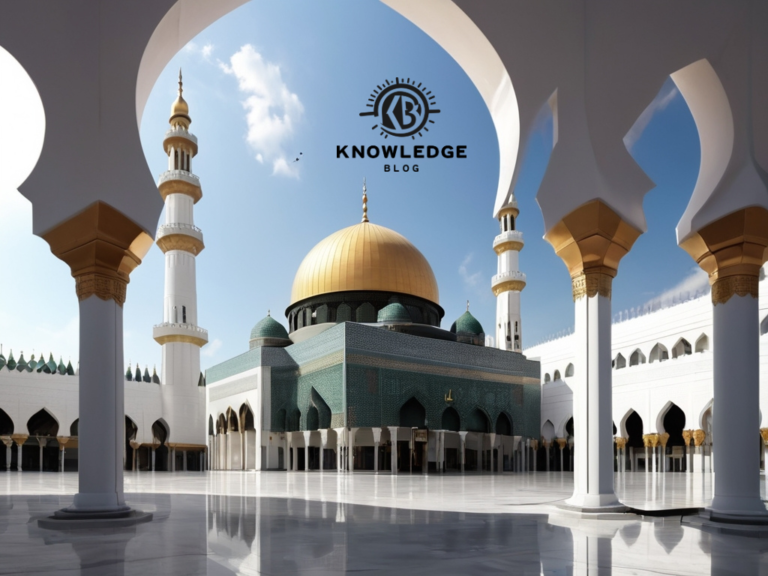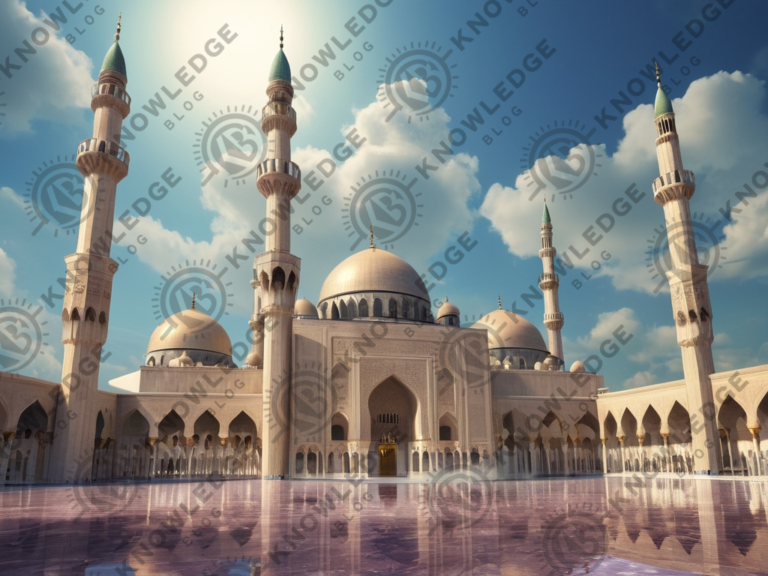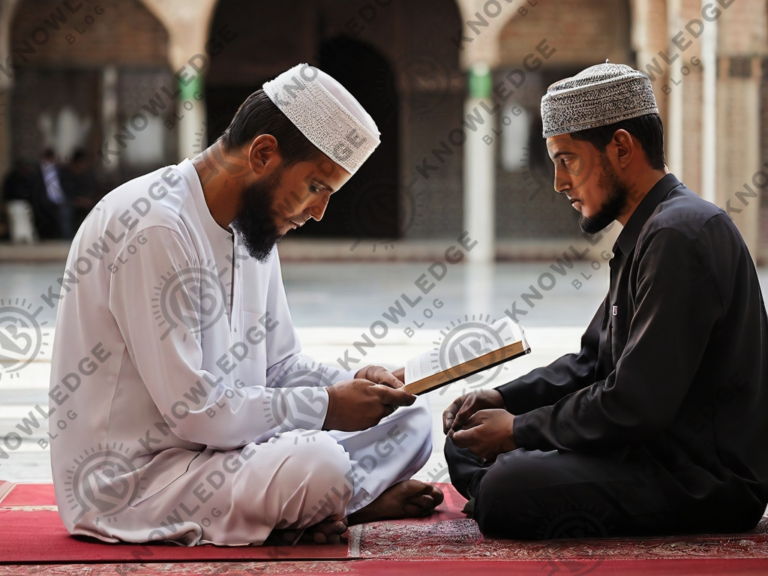What Is Muslim Religion Based On
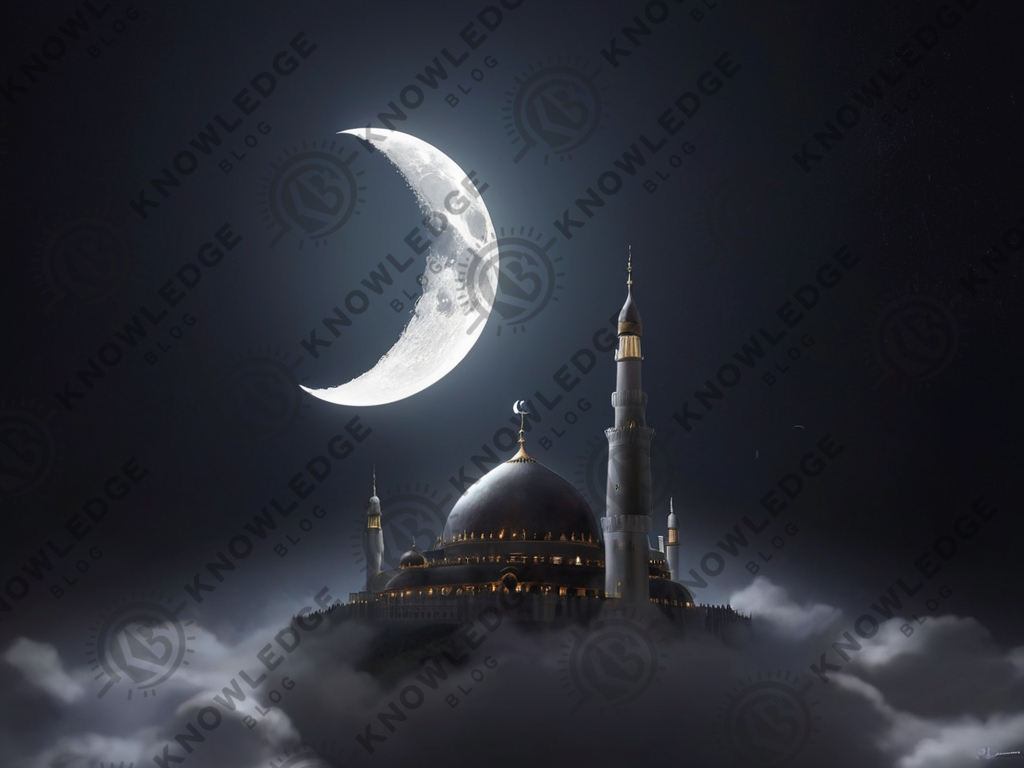
Islam, one of the world’s major monotheistic religions, is based on the profound belief in the absolute oneness of God (Allah) and the final prophethood of Muhammad.
In understanding what is muslim religion based on, one appreciates not just the theological aspects of the faith but also its profound impact on human history, culture, and thought.
What Is Muslim Religion
The Muslim religion, also known as Islam, is one of the world’s major monotheistic faiths, alongside Christianity and Judaism. It start in the early 7th century in the Arabian Peninsula by the Prophet Muhammad. The word “Islam” itself means “submission” to the will of God (Allah in Arabic), and its followers are called Muslims, which means “those who submit” to God’s will.
Islam emphasizes the importance of community, moral and ethical behavior, and the direct relationship between an individual and God. Muslims believe in a day of judgment where individuals will be held accountable for their actions.
The diversity within the Muslim community is vast, encompassing various sects, traditions, and interpretations of Islamic teachings, the largest division being between Sunni and Shia Muslims. Despite these differences, Muslims around the world share a common faith in the oneness of God and the prophethood of Muhammad.
What Is Muslim Religion Based On
Understanding What Is the Religion of Islam Based On is really important for any one who is trying to learn about this religion.
Core Sources of Islamic Belief
- The Quran: The Quran is the verbatim word of God as revealed to Prophet Muhammad.
- The Hadith: These are collections of sayings, actions, and approvals of the Prophet Muhammad.
The Five Pillars of Islam
- Shahada: The declaration of faith, stating, “There is no god but Allah, and Muhammad is the messenger of Allah.” This is the fundamental creed of Islam.
- Salat (Islamic Way of Meditation): Muslims are required to perform five daily prayers facing Mecca.
- Zakat : This is a mandatory act of charity, requiring Muslims to give a portion of their wealth to the needy.
- Sawm: Muslims fast from dawn until dusk during the month of Ramadan, abstaining from food, drink, and other physical needs.
- Hajj : Muslims who are physically and financially capable must perform the pilgrimage to Mecca at least once in their lifetime.
Key Islamic Beliefs
- Belief in One God (Tawhid): The belief in the oneness of God is central to Islam.
- Belief in Prophets: Muslims believe in a series of prophets through whom God’s guidance was revealed. Muhammad is considered the last prophet.
The Role of Islamic Teachings
Islamic teachings guide every aspect of a Muslim’s life, from daily routines to moral and ethical decisions. They emphasize justice, compassion, and humility.
The Quran and Hadith provide the framework for personal development, social conduct, and legal matters.
The Six Pillars of Faith
- Belief in Allah
- Belief in Angels
- Belief in the Revealed Books
- Belief in the Prophets
- Belief in the Day of Judgment
- Belief in Predestination
These pillars of faith, together with the Five Pillars of Islam, form the foundation upon which a Muslim’s religious life is built, guiding their beliefs, practices, and spiritual journey.
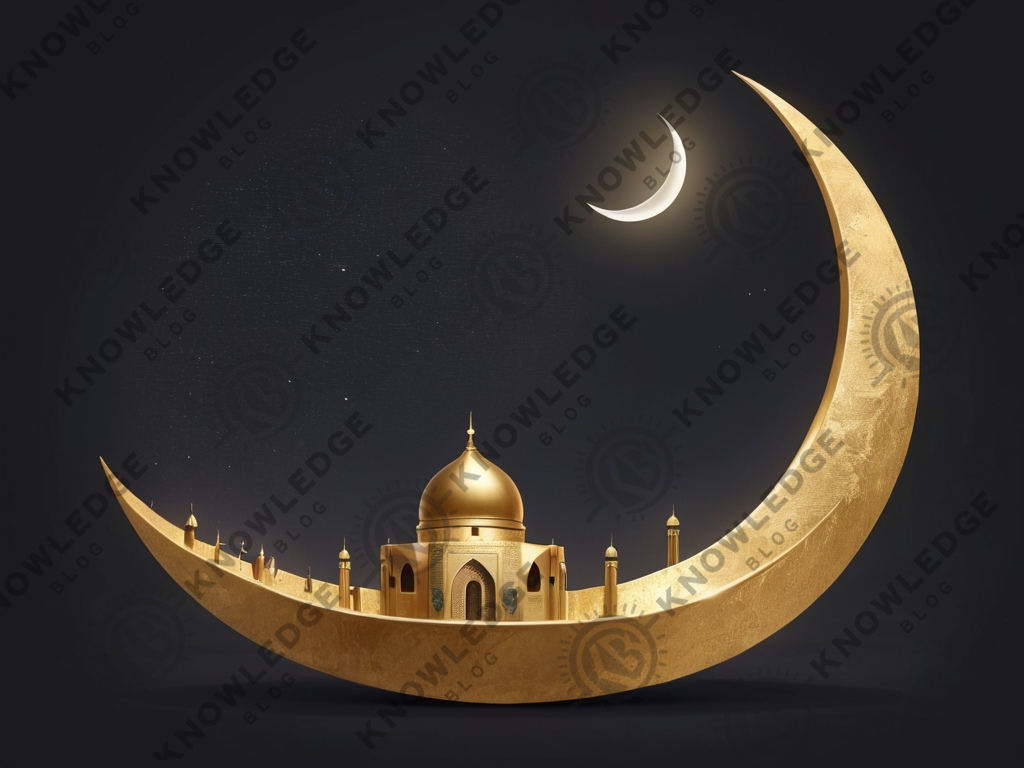
What You Need to Learn About Islam
These few point will help you know What You Need to Learn About Islam:
Promoting Peace and Tolerance
- Countering Stereotypes and Misconceptions: In a world rife with misunderstandings about Islam, learning about its teachings can help dispel stereotypes and reduce prejudice.
- Interfaith Dialogue: Knowledge of Islam can foster meaningful conversations between people of different religious backgrounds, promoting mutual respect and understanding.
Appreciating Cultural and Historical Contributions
- Cultural Richness: Islam has significantly influenced art, literature, science, and philosophy in the world.
- Historical Impact: Islam has played a pivotal role in world history, influencing political, social, and economic developments.
Understanding Global Dynamics
- Political Relevance: Understanding the principles and values of Islam can provide insights into the motivations and perspectives of various actors on the global stage.
Personal Growth and Empathy
- Spiritual Insights: Learning about Islam, like exploring any religious tradition, can offer profound spiritual insights and alternative perspectives on existential questions, enriching one’s personal spiritual journey.
The History About Islam Religion
The History About Islam Religion is rich and complex, weaving through centuries of geopolitical shifts, cultural developments, and theological evolutions.
Here is an overview of the key historical milestones in the development of Islam:
Origins in 7th Century Arabia
- Prophet Muhammad: The Prophet Muhammad founded Islam in the early 7th century in Mecca (today’s Saudi Arabia).
- Hijra: Facing persecution in Mecca, Muhammad and his followers migrated to Medina in 622 CE, an event known as the Hijra and which marks the beginning of the Islamic calendar.
- Establishment of the Islamic Community: In Medina, Muhammad established the first Islamic state, a community governed by Islamic law. After several battles and the eventual conquest of Mecca, Islam became a significant religious and political force in Arabia.
The Expansion of Islam
- Rashidun Caliphate: After Prophet Muhammad’s death in 632 CE, his successors, known as caliphs, led the expansion of Islam beyond Arabia.
- Umayyad and Abbasid Caliphates: The Umayyad Caliphate further expanded Islamic rule into North Africa, Spain, and parts of Asia. The Abbasid Caliphate, which succeeded the Umayyads, presided over a golden age of scientific, philosophical, and cultural flourishing, centered in Baghdad.
- Diverse Dynasties and Empires: Various Islamic dynasties and empires emerged over the centuries, including the Ottoman Empire, the Safavid Empire in Persia, and the Mughal Empire in India, each contributing to the development and spread of Islamic culture and civilization.
Related Article: The Secret of Meditation; Unveiling the Hidden Treasure
Conclusion
The Muslim religion, or Islam, is based on the core belief in the oneness of God (Allah) and the prophethood of Muhammad. The Quran, the literal word of God revealed to Muhammad, and the Hadith form the foundation of Islam.
Understanding what is muslim religion based on involves appreciating its deep spiritual traditions, its historical complexities, and its diverse cultural expressions.
Islam is a religion that has profoundly shaped the world in numerous ways and continues to be a vibrant and essential part of the world.


